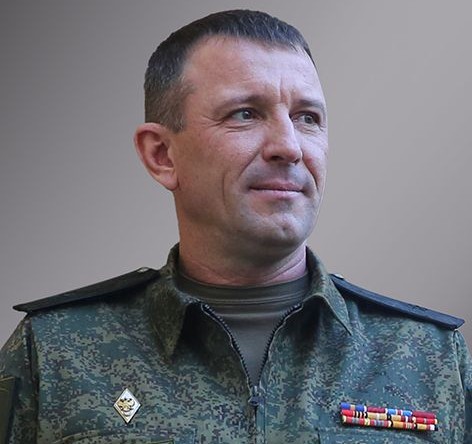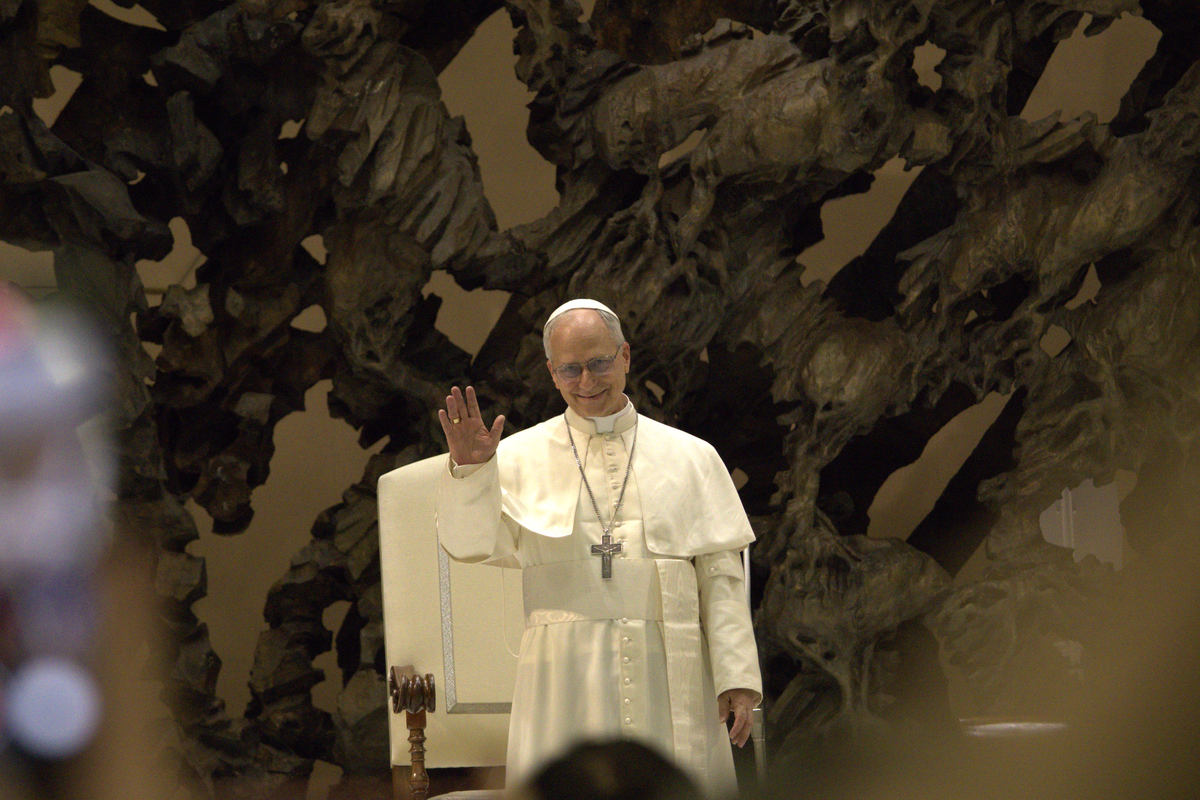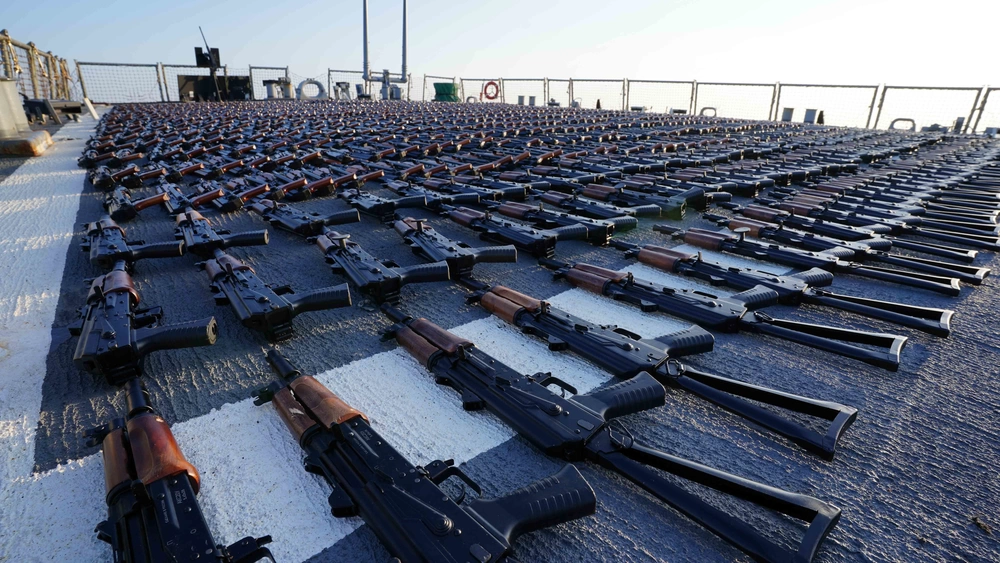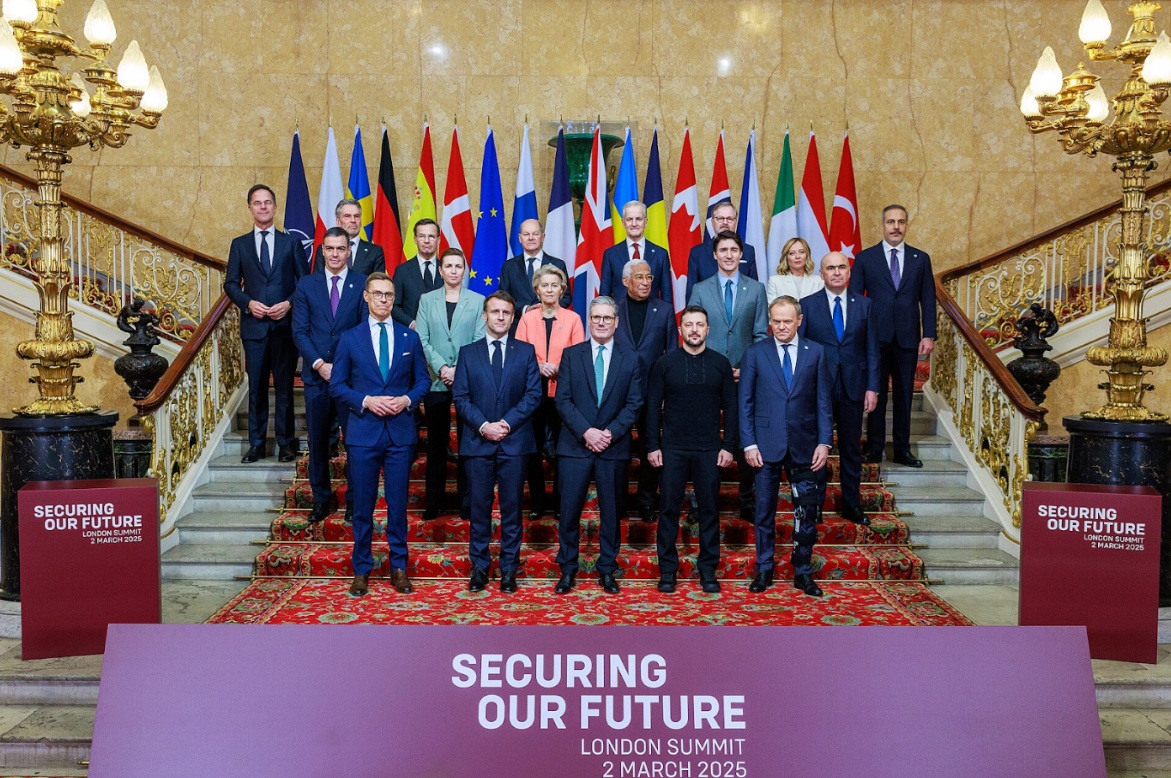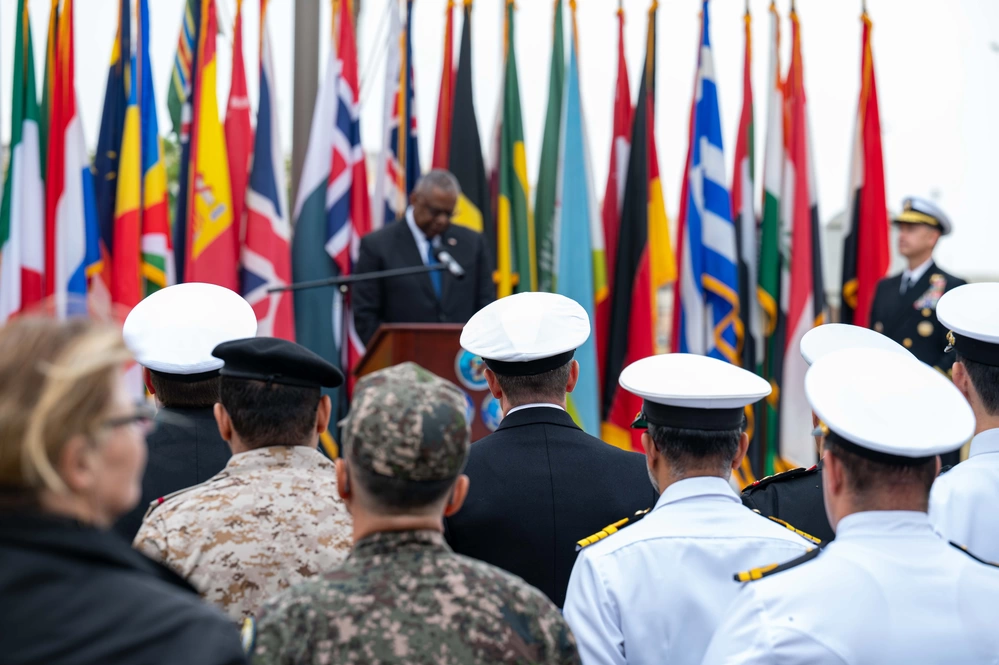Russia has recently imprisoned Major General Ivan Popov, a popular and effective Russian general. He was known for turning back a Ukrainian offense, showing genuine and workmanlike care for the effectiveness and survival of his troops, and criticizing top military brass. His sentence of five years on corruption charges is widely viewed as trumped-up retaliation for publicly attacking the inner circle of the Russian elite for failure to provide for the welfare of common troops. The jailing is a symptom of a broader purge against ultranationalist and military bloggers, who have been dismayed by the incarceration of several prominent members.
By purging a competent official jockeying for power with top Russian figures, Putin continues to prioritize maintaining an authoritarian system at the expense of the interests of the Russian people. In order to maintain the legitimacy needed for an authoritarian rule, Putin has had to sacrifice competence and innovation for loyalty and rank. As willingness to play the politics of Russia becomes a larger factor in the selection of higher-ranking officers, quality must by necessity become less important. This trend, if continued, has potential long-term consequences for the ability of the Russian General Staff to effectively plan and execute military operations that fulfill the international objectives Putin demands of them.
The arrest also signals a shift in how Russia deals with ultranationalist groups like Wagner and military Telegram bloggers, who are supportive of Putin’s foreign policy goals but are critical of his methods and deputies. Ultranationalist groups were previously encouraged, to build sources of plausibly-deniable military power for the Russian state. To hide casualties taken in Syria or Africa, Russia would use these PMCs because they were less transparent or legally restricted. Now, the Wagner mutiny, where popular military figure and ultranationalist Yevgeny Prigozhin marched on Moscow, has shifted priorities towards loyalty and regime stability over military effectiveness or secrecy, with Russian PMCs now being folded into the control of the Russian Ministry of Defense.This is an example of how differences in regime priorities can shift government policy: in Russia’s case, policy towards ultranationalists went from benevolence to a corporatist system of incorporation and subservience or crackdowns by the state.


